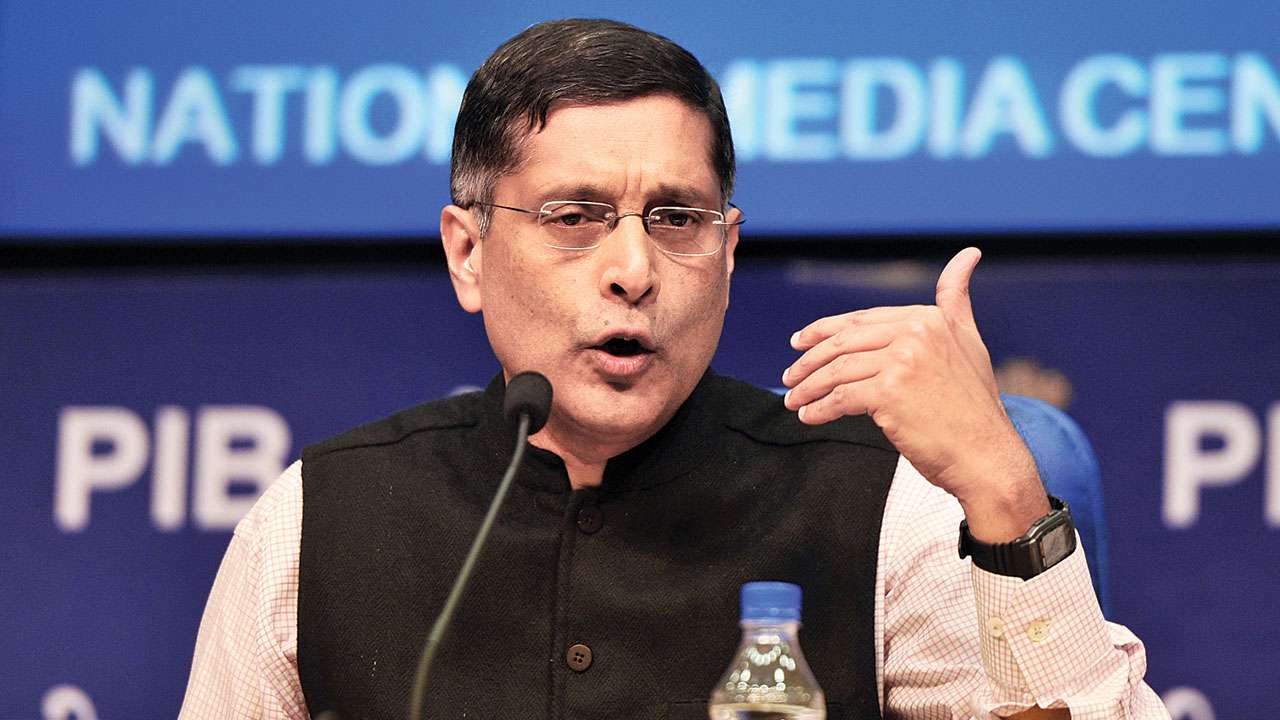
Outgoing Chief Economic Adviser (CEA) Arvind Subramanian is credited with coining the term Twin Balance Sheet Problem (TBS), a growing issue affecting the Indian economy. TBS refers to the piling up on non-performing assets (NPAs) in banks on the one hand and the over leveraged balance sheets of the Indian corporate sector on the other.
Ever since the RBI conducted its Asset Quality Review (AQR) of banks it has become evident that our banking system is straddled with huge NPAs. Currently, outstanding NPAs are estimated to cross Rs 10 lakh crore, with the bulk of it under Public Sector Banks (PSBs). This problem has its genesis in the growth years of 2005-08, when many corporates undertook massive investments to increase their capacities under the assumption of a booming demand scenario. However, with the global financial crisis, demand crashed and these firms were stuck with large under-utilised capacities. As their cash flows dried up, they were no longer able to finance their borrowings and got straddled with debt. These loans in turn, morphed into NPAs for the banks.
As banks found their balance sheet in tatters, they became over-cautious to lend and firms grew increasingly reluctant to invest. Both these factors led to the growth slowdown in the last few years. While the growth rates have risen to 6-7 per cent in the last two years, it is nowhere near the potential of 8-9 per cent.
The government has followed a two pronged policy to tackle the TBS problem. First, it has introduced the Insolvency and Bankruptcy Code (IBC) for time-bound resolution of insolvency proceedings of firms. For resolution of financial sector institutions, it had planned to introduce the Financial Resolution and Deposit Insurance Bill, but it has been kept in abeyance for now. Second, it plans to recapitalise the banks to improve its provisioning for NPAs. But many experts want more reforms, such as the privatisation of PSBs to improve its governance and align incentives of bankers with that of the bank.
However, recent corporate governance issues in ICICI Bank show that even private banks are not immune to governance problems. Even the large Wall Street investment banks were all private organisations. The managers’ incentives were linked to the number of loans/securities the banks could offer. This prompted the managers to make investments which raised their salaries but exposed the banks to long-run risks.
There are lessons to be learned here, namely that the way forward in banking sector reforms is to ensure the manager’s incentives are not skewed in favour of taking excessive risks. The RBI also needs to monitor banks’ lending sheets more proactively. Lastly, the outgoing CEA’s suggestion of a ‘Bad Bank’, a firm that takes over bad loans of banks, may need to be looked into if the Indian economy is to maintain its growth rate.
The author is a research scholar at Delhi School of Economics. Views are personal.